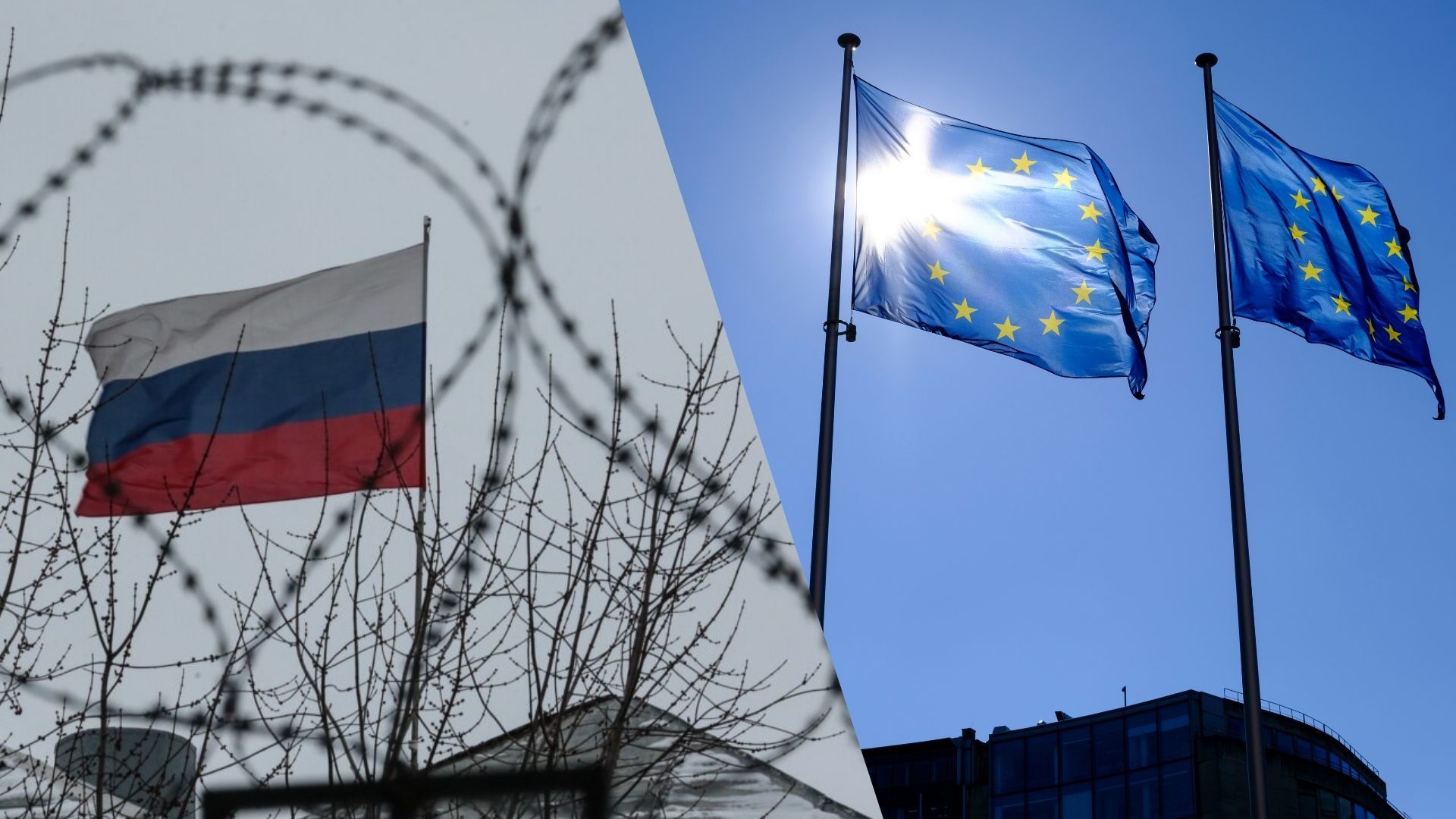EU Prepares to Use Frozen Russian Assets: Kremlin Calls It “Robbery”

On October 1, 2025,
the debate over the fate of frozen Russian assets in Europe flared up once
again. Brussels is considering the possibility of using them to finance
Ukraine, which provoked a sharp reaction from Moscow. Presidential spokesperson
Dmitry Peskov described the move as “robbery” and promised that Russia would
seek legal protection of its interests.
After the outbreak of the conflict in Ukraine in 2022, the
EU and the Group of Seven (G7) froze about $300 billion in assets belonging to the Russian Central
Bank and state institutions. For a long time, these funds remained untouched
due to complex legal risks: international law does not directly provide for the
confiscation of sovereign assets. However, with Ukraine’s growing financial
needs and the protracted war in Europe, discussions have intensified about using
the interest – for even the principal itself – for Ukraine’s benefit.
In recent months, the European Commission and several leading EU member states have proposed redirecting revenues from these assets to Ukraine’s reconstruction and the purchase of weapons.
Moscow views such initiatives as a blatant violation of
international norms. According to Peskov, the use of Russian assets would
amount to “legalized theft” and would undermine trust in the Western financial
system.
Russia has already announced its intention to launch
international legal proceedings and will likely take retaliatory measures
against the property of Western companies and states on its territory.
Experts note that confiscating Russian assets would create
a precedent capable of undermining the status of European jurisdictions as
reliable financial hubs. Countries such as China, Saudi Arabia, and other major
holders of reserves in Western banks may reconsider their asset allocation
strategies.
On the other hand, proponents of the initiative emphasize
that this is not confiscation but the use of revenues from assets, arguing that
Moscow has lost its moral right to dispose of them after its “aggression
against Ukraine”.
The EU’s decision will depend on the bloc’s unity. Germany
and France have previously expressed caution, fearing lawsuits and systemic
risks. However, the Baltic states, Poland, and some Scandinavian countries are
pushing for tougher measures.
In the coming months, the issue is expected to become not
only a matter of legal disputes but also a major political bargaining point between Russia and
the West, where economic and legal arguments will intertwine
with geopolitics.
Thus, the EU initiative
deepens the divide between Moscow and the West and puts the principles of
international financial law at stake. For Russia, this is not only an economic
matter but also a symbolic one: is the global system prepared to allow a
precedent in which frozen sovereign reserves are used to finance a war?
 Latest news
Latest news Latest news
Latest newsActivist Margretta Mirzoyan on the Political Mood in Armenia
18.Oct.2025
Trump and Putin Prepare to Meet Ahead of Zelensky’s White House Visit: A New Phase of Diplomacy or Pressure on Kyiv?
17.Oct.2025
A Shadow over the Russian-Azerbaijani Thaw: What Lies Behind the Arrest of Former Presidential Chief of Staff Ramiz Mehdiyev?
16.Oct.2025
Russia and Syria: A New Chapter in Relations After the Coup
16.Oct.2025
NATO and EU Join Forces to Build a “Drone Wall”
15.Oct.2025
Trump: New bonds of friendship to join Armenia to Azerbaijan
14.Oct.2025
UK to lift its arms embargo on Armenia, Azerbaijan
14.Oct.2025
Russia Opens New Criminal Case Against Opposition Figure Khodorkovsky
14.Oct.2025
Expert analysis by Tigran Khzmalyan: If Pashinyan wins again, Armenia will fall completely under Russia’s influence
14.Oct.2025
The Kremlin Warns the West of Dangerous Escalation: U.S. Plans to Supply Tomahawk Missiles to Ukraine
12.Oct.2025

 21 Oct 2025
21 Oct 2025








